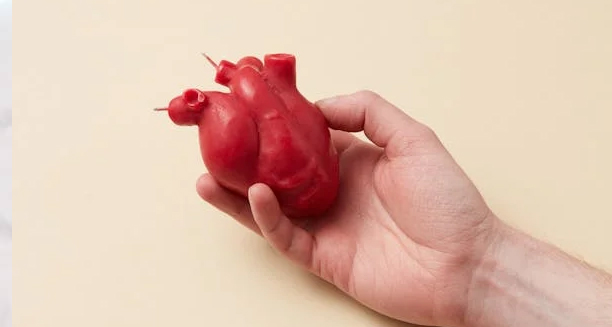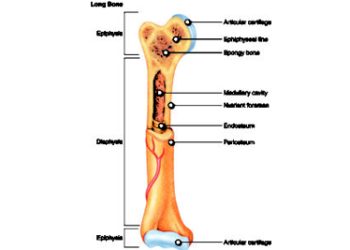Cardiomyopathy – Overview
This Cardiomyopathy is a disease of the heart muscle that affects its size, shape, or structure, leading to poor heart function. Amongst other conditions, cardiomyopathy can cause the heart to become enlarged, thickened, or stiff, reducing its ability to pump blood efficiently. It may lead to heart failure, arrhythmias, or sudden cardiac death if not properly managed.
The condition affects people of all ages but is more common in adults. Some types are inherited, while others develop from long-term high blood pressure, infections, or unknown causess. The impact ranges from mild symptoms to life-threatening complications, depending on the type and stage.
There are several types of cardiomyopathy:
- Dilated CM – the heart becomes enlarged and weak
- Hypertrophic CM – the heart muscle becomes abnormally thick
- Restrictive CM – the heart muscle becomes stiff and less elastic
- In arrhythmogenic right ventricular CM (ARVC), scar or fatty tissue replaces the right side of the heart
Cardiomyopathy
Some people show no symptoms in early stages, while others may experience fatigue, breathlessness, or irregular heartbeats. Treatment focuses on managing symptoms, preventing complications, and slowing disease progression. This may involve medications, lifestyle changes, surgery, or implantable devices.
With early diagnosis and proper care, many people with CM can live active, fulfilling lives.
What Is Cardiomyopathy?
Cardiomyopathy is a disease of the heart muscle that alters its size, shape, or structure, impairing the heart’s ability to pump blood efficiently. It can cause the heart to become enlarged, thickened, or stiff, potentially leading to serious conditions such as heart failure, arrhythmias, or even sudden cardiac death if left untreated. While it can affect anyone, doctors more commonly diagnose it in adults. Some forms inherit genetic causes, while chronic high blood pressure, infections, or unknown factors cause others
Types and Impact
There are several types of cardiomyopathy, each with unique characteristics:
- Dilated CM (enlarged and weakened heart)
- Hypertrophic CM (thickened heart muscle)
- Restrictive CM (rigid heart muscle)
- Arrhythmogenic right ventricular CM (ARVC) – where the right ventricle is replaced by scar or fatty tissue.
Symptoms can range from none at all in early stages to fatigue, breathlessness, or irregular heart rhythms. Treatment focuses on managing symptoms and preventing complications through medication, lifestyle changes, surgical procedures, or implantable devices. With proper care, many people with cardiomyopathy can maintain a good quality of life.
[Next: Causes of Cardiomyopathy →]


